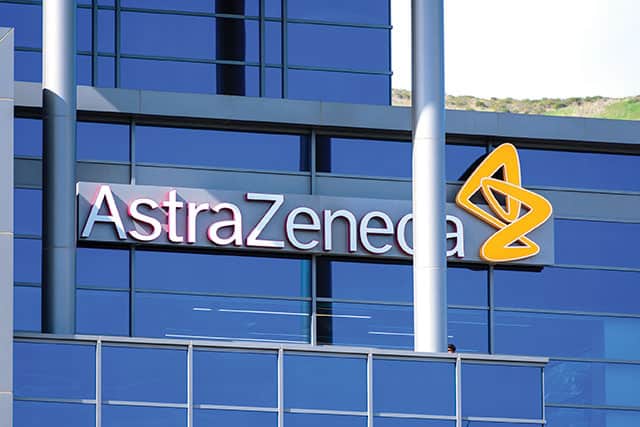
After eight years of collaboration on mRNA-based therapeutics, AstraZeneca and Moderna have announced promising, early results for their candidate therapy AZD8601.
In the phase 2b EPICCURE trial, AZD8601 – an mRNA-encoding vascular endothelial growth factor (VEGF-A) – was injected directly into the heart muscle of patients who were undergoing elective coronary artery bypass surgery (CABG) surgery.
The trial met its primary endpoint of safety and tolerability in patients with heart failure and ‘a positive trend’ in clinical endpoints. However, only 11 patients were enrolled, so far more research is needed.
VEGF-A is important in the formation of new blood vessels and has been shown to stimulate a pathway that may contribute to the repair and regeneration of the heart.
Heart failure, which affects more than 60 million people worldwide, is a chronic disease where half of patients die within five years of diagnosis.
“Over one billion heart cells can be lost during a heart attack,” said Mene Pangalos, head of biopharmaceuticals R&D at AstraZeneca. “These early results indicate the potential of mRNA therapeutics in stimulating VEGF-A production to provide reparative and disease-modifying options for patients with heart failure and other ischaemic vascular diseases.”
Moderna CEO Stéphane Bancel called mRNA “a compelling therapeutic modality”, citing its ability to “act locally and transiently”. He continued: “The results presented today are a result of pushing new boundaries in the treatment of cardiovascular and other ischaemic vascular diseases and address serious unmet needs with the goal of improving patients’ lives.”
While mRNA technology has been in the headlines due to the Pfizer/BioNTech and Moderna COVID-19 vaccines, these results show that the approach has a wider potential.
Messenger RNA (mRNA) is responsible for carrying genetic instructions from the DNA that cells use to produce proteins, which direct the body’s biological functions. Moderna’s pioneering mRNA therapeutics are designed to trigger the cellular machinery to produce specific proteins. It is believed that AZD8601 enables the delivery of mRNA instructions to spur the production of VEGF-A protein.
AstraZeneca and Moderna signed their first agreement in 2013 aimed at discovering, developing and commercialising mRNA therapeutic candidates in a range of therapeutic areas, including cardiovascular, metabolic and renal diseases as well as selected cancer targets.




